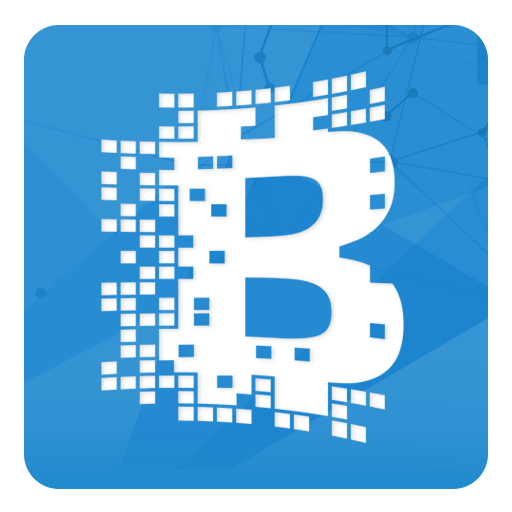Technology
Singapore Regulator Preps Blockchain Trial For Cross-Border Payments

Singapore's financial watchdog is looking to break fresh ground by using blockchain technology to facilitate cross-border payments.
Singapore's financial watchdog is ready to begin testing whether
cross-border payments could be carried out using blockchain-based
technology after completing a successful pilot project for
conducting interbank payments.
In collaboration with the R3 consortium - a
blockchain syndicate that a raft of big banks abandoned last
year – the Monetary
Authority of Singapore has built a digital version of a
Singaporean dollar for interbank settlement.
During the trial, the technology was used to connect bank
infrastructures to a shared ledger, which was made to gel with
the country's electronic payment system, and this in
turn automated the management of collateral.
Now the proof-of-concept has been completed, MAS is looking to
establish blockchain-based solutions that will facilitate
cross-border payments to settle directly using central bank
accounts.
“MAS is in the early stages of discussions to develop links from
Singapore to other countries using distributed ledger technology
to allow cross-border payments to settle directly using central
bank accounts,” the regulator said in a statement last
week.
Blockchain technology, a virtual distributed ledger of
transactions shared peer-to-peer, can record ownership across a
public network of computers rendered tamper-proof by advanced
cryptography. It is already known as the platform for the
controversial digital currency bitcoin, even though this is only
one of several hundred applications that use blockchain
technology.
The technology is causing a stir within the financial services
sector as its supporters believe it could reduce hidden expenses
in the financial system by ousting inefficiencies across areas
such as payments, syndicated loans and equity clearing.
MAS and the R3 consortium have commissioned Big Four firm
Deloitte to produce a report that covers the aspects of
distributed ledger technology that are best suited to settlement
systems. The report, which will also detail design principles
used for the prototype, will be “made available soon,” MAS
says.
Meanwhile, MAS says it has plans for two “spin-off” projects that
look to leverage the lessons learnt during its pilot
project.
The first project, driven by the Singapore Exchange (SGX), will
focus on using blockchain technology to make the fixed-income
securities trading and settlement cycle more efficient. The
second will examine new ways of conducting cross-border payments
using central bank digital currency. It is not clear whether R3
will be involved in the spin-off projects.
Still, R3 is not the only blockchain consortium that has piqued
banks' interest.
Earlier this month, a wave of banking giants including JP Morgan,
UBS and Credit Suisse, along with more than two dozen other
companies,
formed a new blockchain syndicate in the latest push by
financial services firms to make use of the nascent
technology.
Ethereum, founded in 2013 by cryptocurrency researcher Vitalik
Buterin, is a blockchain-based software platform that allows
developers to build decentralised applications. While the bitcoin
blockchain is used to track ownership of digital currency, the
Ethereum blockchain focuses on running the programming codes of
decentralised applications.
The Enterprise Ethereum Alliance will work to enhance the
privacy, security and scalability of the Ethereum blockchain with
the goal of making it better suited to business applications,
according to media reports, which cited the founding companies as
sources.
Members of the 30-strong syndicate also include Accenture, BP,
Thomson Reuters, Microsoft and Intel.
This publication will continue to monitor advancements within the
blockchain sector and will update coverage accordingly.